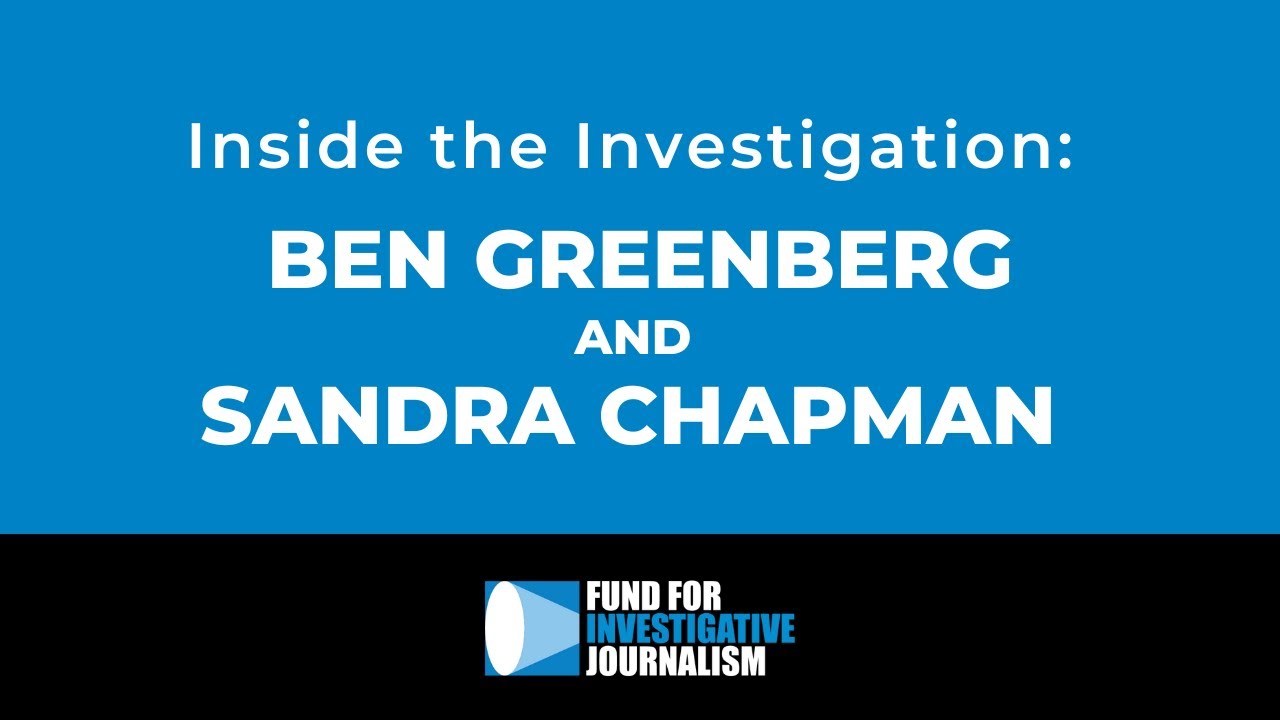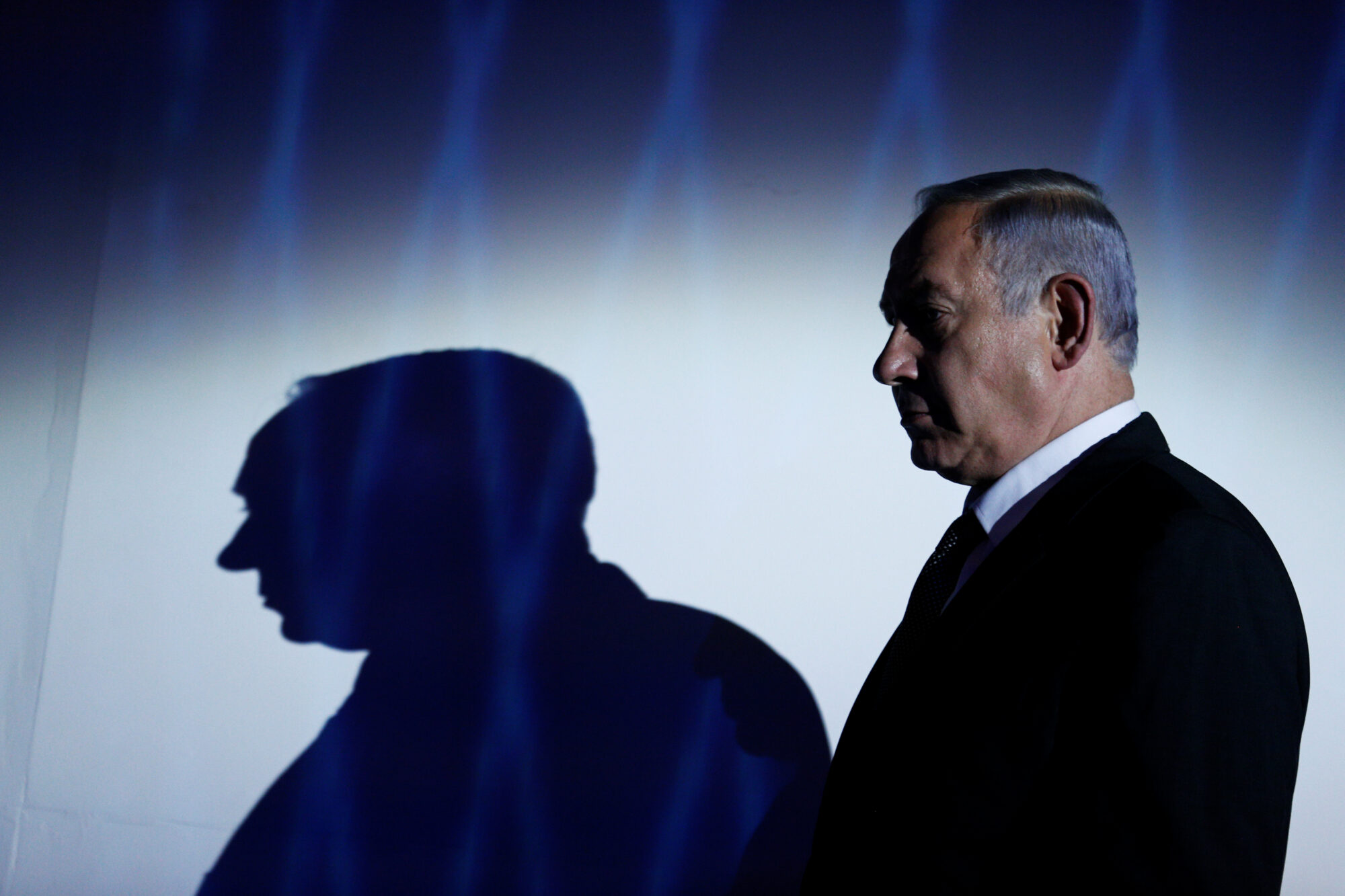
Digging Up Justice: American Journalists Reopen Civil Rights-Era Killings
July 16, 2025
Brazil’s Intelligence Agency Illegally Spied on Journalists Under Bolsonaro, Police Say
July 18, 2025Prime Minister Benjamin Netanyahu’s government is intensifying its efforts to control and suppress critical media voices in Israel, especially amid the ongoing conflict in Gaza. This crackdown marks a significant challenge to press freedom in a country with a long tradition of vibrant journalism.
One of the main targets is Haaretz, Israel’s oldest liberal newspaper. The government has imposed a boycott, instructing officials to avoid the outlet and cutting off state advertising revenue. This economic pressure aims to weaken Haaretz’s influence due to its critical stance on Netanyahu’s policies and war management.
Foreign media outlets also face harsh treatment. For example, the controversial “Al Jazeera Law” grants Israeli authorities the power to close foreign news organizations and confiscate equipment on national security grounds. Since its enactment in 2024, this law has been used to curtail coverage seen as unfavorable to the government.
Israel’s military censor, traditionally focused on security matters, has expanded its reach to suppress reporting on military operations and government decisions. The number of articles banned or heavily redacted has surged, limiting transparency and public debate.
Netanyahu personally attacks journalists, accusing them of bias and framing them as enemies of the state. Investigative journalism uncovering government corruption has been stifled, with programs canceled and reporters pressured to self-censor out of fear of retaliation.
Financially, Netanyahu benefits from the pro-government tabloid Israel Hayom, heavily subsidized by billionaire Sheldon Adelson. Its dominance drains advertising revenue from independent outlets, forcing many to tone down criticism to survive economically. This economic squeeze deepens the erosion of journalistic independence.
The overall effect is a media environment under duress, where critical voices struggle to operate freely. Observers warn that Netanyahu’s approach resembles tactics used by illiberal leaders worldwide who seek to undermine democracy by weakening the free press.
Restoring trust in Israeli journalism will require transparency, reforms, and a recommitment to media ethics. Without these, the country risks losing one of its vital democratic pillars during a time of profound crisis.
Reference –

